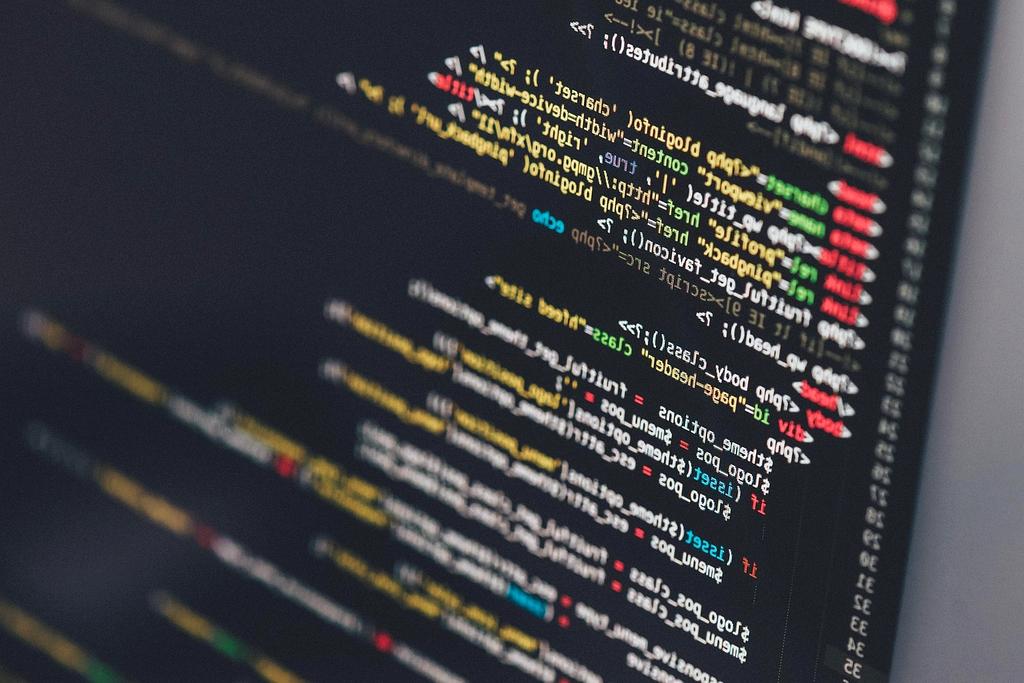
Discover the World of Programming Languages
Explore different programming paradigms and build a strong foundation in software development principles
Start Learning Explore Paradigms

Explore different programming paradigms and build a strong foundation in software development principles
Start Learning Explore Paradigms
Understanding the basics creates a solid foundation for advanced learning
Develop analytical thinking and methodical approach to solve complex problems
Understand core concepts that apply across multiple programming languages
Open doors to numerous technology career paths and opportunities
Different approaches to structuring and organizing code

Focuses on describing how a program operates step by step, changing the program state through statements that explicitly specify the sequence of commands.

Based on the concept of "objects" which can contain data and code: data in the form of fields, and code in the form of procedures.

Treats computation as the evaluation of mathematical functions and avoids changing state and mutable data.

Expresses the logic of computation without describing its control flow, focusing on what the program should accomplish.

Based on the concept of procedure calls, where procedures contain a series of computational steps to be carried out.

Program flow is determined by events such as user actions, sensor outputs, or messages from other programs.
From system programming to web development, there's a language for every purpose
General-purpose, easy to learn
Web development essential
Enterprise applications
Systems and game development
Windows applications
Modern systems programming
Performance and safety
iOS and macOS development
A journey through key moments in programming history
The first programming languages were machine code and assembly language, requiring direct manipulation of computer hardware.
First high-level programming languages emerge, with FORTRAN for scientific computing and LISP introducing functional programming.
Business-oriented languages and structured programming concepts begin to take shape.
C language revolutionizes systems programming, while Smalltalk pioneers object-oriented programming.
Object-oriented programming becomes mainstream with C++, and SQL standardizes database programming.
The internet era begins, with Java promising platform independence and JavaScript powering web interactivity.
Focus shifts to developer productivity and readable code with the rise of dynamic languages.
Modern languages focus on safety, concurrency, and performance for cloud and mobile computing.
Hear from those who mastered programming fundamentals

Software Engineer
"Understanding programming paradigms helped me adapt to new languages quickly. I can now learn any new language in a fraction of the time it used to take."

Full-Stack Developer
"The fundamentals I learned helped me understand why certain patterns are used. This knowledge makes me a better problem-solver in any programming context."

Game Developer
"Learning about different paradigms opened my eyes to new ways of solving problems. It completely transformed how I approach game development challenges."
Get the latest updates on programming languages and paradigms